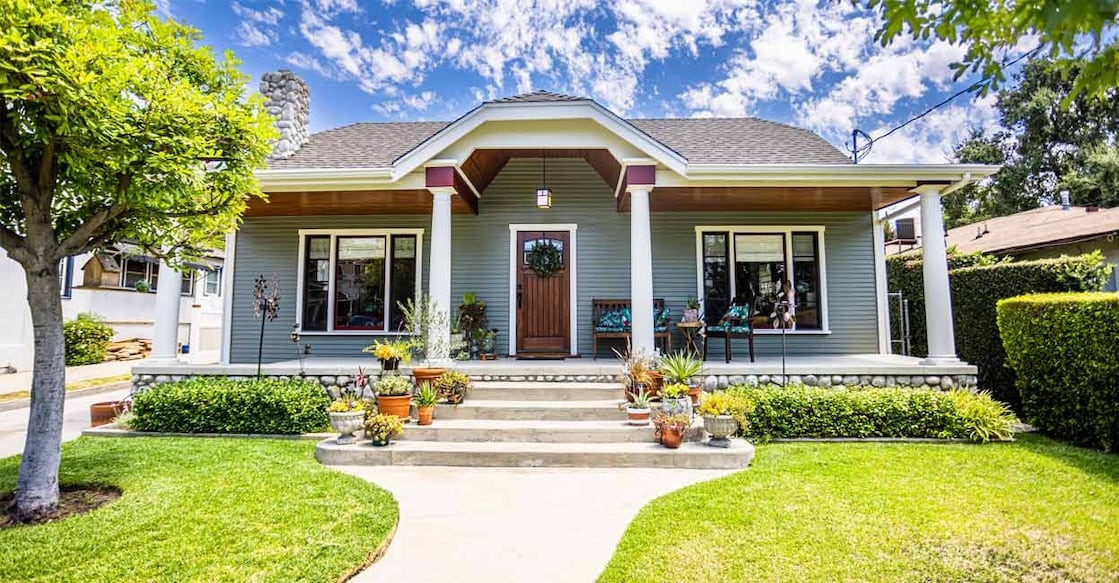Constructing for kids in Kerala, choosing between single and double-storey buildings

Mail This Article
Deciding between a single or double-storey house is a common dilemma for those planning to build a new home. Both options have their pros and cons, often debated on social media. Let's analyze the advantages and disadvantages of each option:
Single-storey houses:
Advantages:
1. Sense of Security: Living on one level fosters a feeling of togetherness and security among family members.
2. Easy Maintenance: Cleaning and maintenance become easier and more affordable. For instance, repainting a single-storey house is less cumbersome and cheaper than a double-storey one.
3. Accessibility: A single-storey house is ideal for the elderly and people with mobility issues, allowing them to access all areas comfortably. Climbing stairs can be difficult and even impossible for many, especially after the age of 45.
4. Future Expansion: Opting for a flat roof provides the flexibility to add another storey later if needed.
Disadvantages:
1. Larger land requirement: single-storey houses require more land compared to a double-storey for the same built-up area, potentially leaving less space for a yard.
2. Potential for higher costs: while not always true, a single-storey might require more expensive foundation solutions like pile foundation depending on the site conditions.
Double-Storey Houses:
Advantages:
1. Space optimization: ideal for limited land, double-storey houses allow you to incorporate all desired features within a smaller footprint.
2. Land cost savings: building vertically helps utilize land efficiently, potentially saving on land purchase costs.
3. Privacy: The upper floor offers enhanced privacy, allowing for a dedicated personal space. (However, whether this translates into isolation from family is debatable).
4. Security: A double-storey house might offer a perception of increased security as burglars are less likely to target upper floors. The lower floor can also act as a buffer, providing an early warning system. (Of course, this assumes burglars don't read this and get any ideas!)
5. Scenic views and ventilation: the upper floor can provide better views of surroundings like fields, lakes, rivers, or valleys and allows for better ventilation.
6. Flood Protection: In flood-prone areas, the upper floor offers a safe haven during floods.
7. Cooler ground floor: having an upper storey can help keep the ground floor cooler.
Disadvantages:
1. Accessibility: Climbing stairs can be challenging for the elderly and those with health conditions. Knee replacements are becoming increasingly common, highlighting the need to consider accessibility carefully.
2. Reduced family interaction: in an era of decreasing family communication, living on different floors can further isolate individuals, especially the elderly and children.
3. Safety hazards: stairs pose safety hazards, particularly for young children and older adults. Accidents on stairs are common and require careful attention.
While some people view double-storey houses as a status symbol or a sign of success, it's essential to prioritize practicality and individual needs.
A practical approach - the 'growing house' concept:
Building a 'growing house' that adapts to changing needs can be a wise decision. Consider factors like your current age, your parents' age, and the presence and age of children. Starting with a single-storey with 2-3 rooms (depending on whether you have children) and a design that allows for future vertical expansion can be beneficial. This approach accommodates financial growth, children's changing needs, and allows for adapting the house to your future requirements.
Remember, children are not possessions; they are individuals who will eventually forge their own paths. Building a house solely for children might not be practical. While providing a loving and supportive home is crucial, it's important to remember they will grow up, move out, and create their own lives and living spaces. Building a house that caters to your current family needs and allows for future adaptations is a more sustainable and fulfilling approach.

